We should try something else than ‘business as usual’
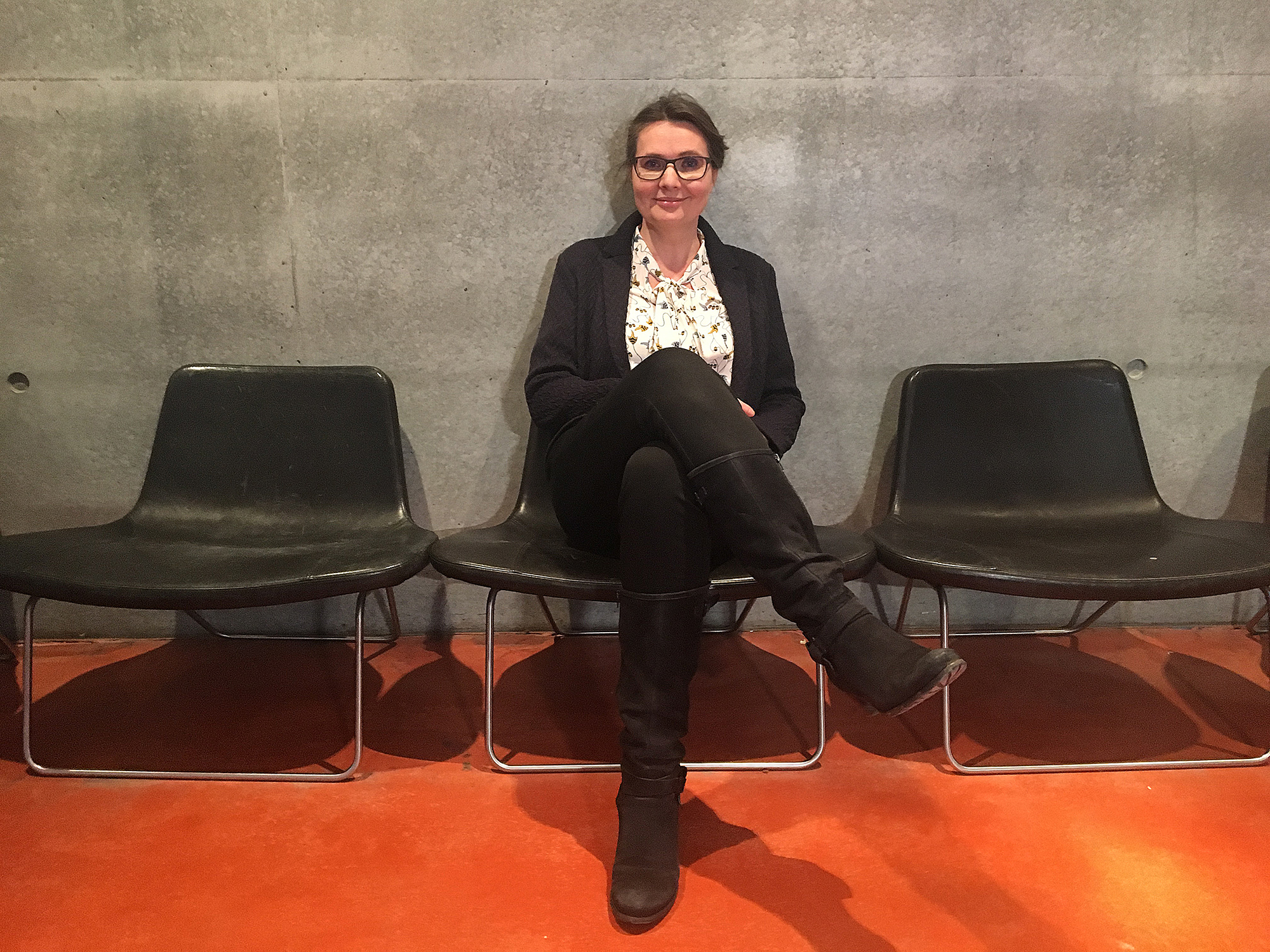
She wants to shake up the silo mentality and the 'that's how we normally do it' approach. She wants to experiment, for example, replacing one process owner with a collective. It might be better. It might not. But it is worth a try. CBS Wire talked to Kirsten Winther Jørgensen about her first one and a half year in the chair as CBS' university director, building trust at a university where confidence in the Senior Management had taken a bit of a blow, and a look into the future.
Kirsten Winther Jørgensen is actually an anthropologist. With a PhD in History of Science focusing on the 1700s when liberal revolutions changed the countries of Europe, and the Enlightenment was almost a synonym for cultural and science history. The ‘Age of Reason!’ And maybe that’s why she wants to stir things up and turn ‘business as usual’ upside down and throw it into the archives. Whenever it doesn’t work.
Kirsten Winther Jørgensen smiles. She listens to the question about how she can use her experience from her thesis and PhD in her position as university director.
“Yes, my knowledge of science history in itself may not be entirely relevant, but my approach to knowledge is – and the method of analysis that I’ve worked with. And I believe that it underlies much of what I’m doing. The fact that I’m used to working with cross-sectional processes and with trust comes from my background as an anthropologist.
In general, I want to involve people instead of making snap decisions and expecting everyone to just jump to it. I don’t think that creates the best results. For example, within the steering group for improving programme administration at CBS we’ve experimented by allowing ourselves the time to dive into the substance, and acknowledging that standard solutions aren’t always the answer to great challenges.
“‘Business as usual’ works in many cases. And ‘business as usual’ is fine when it works! But when it doesn’t work, we should try something else.”
In which areas have you experimented and tried a different approach?
“CBS has very large, cross-sectional administrative processes in education. Timetable and exam planning is one of them, with more than 100 people involved across CBS. Lecturers, course coordinators, the Programme Administration, departments and Campus Services are involved in the process, which runs twice a year.
A typical approach to that kind of planning is that you need one process owner… a process owner who is responsible for the process working. But it didn’t work and resulted in dissatisfaction. So, instead of appointing one process owner, we set up a collective of three colleagues from each silo; Shared Central Services, the departments and the Programme Administration.
We’ve been wrestling with that for a while to make it work, and it’s too early to say whether it’s a success. But it has created a greater understanding across the silos that we share the responsibility. That, I think, is significant.
A lot of our tasks are cross-sectional and need to be solved by working together. The job of creating good education and good research is something that cannot be tackled alone. That’s why cross-sectional work is completely essential.”
How do you work with trust?
“Trust goes both ways. Trusting people and gaining trust.
If we don’t trust each other, then there’s very little we can achieve across the silos and beyond the hierarchy. And judging by the satisfaction surveys a couple of years ago, there has been a dip in confidence in Senior Management in some areas.
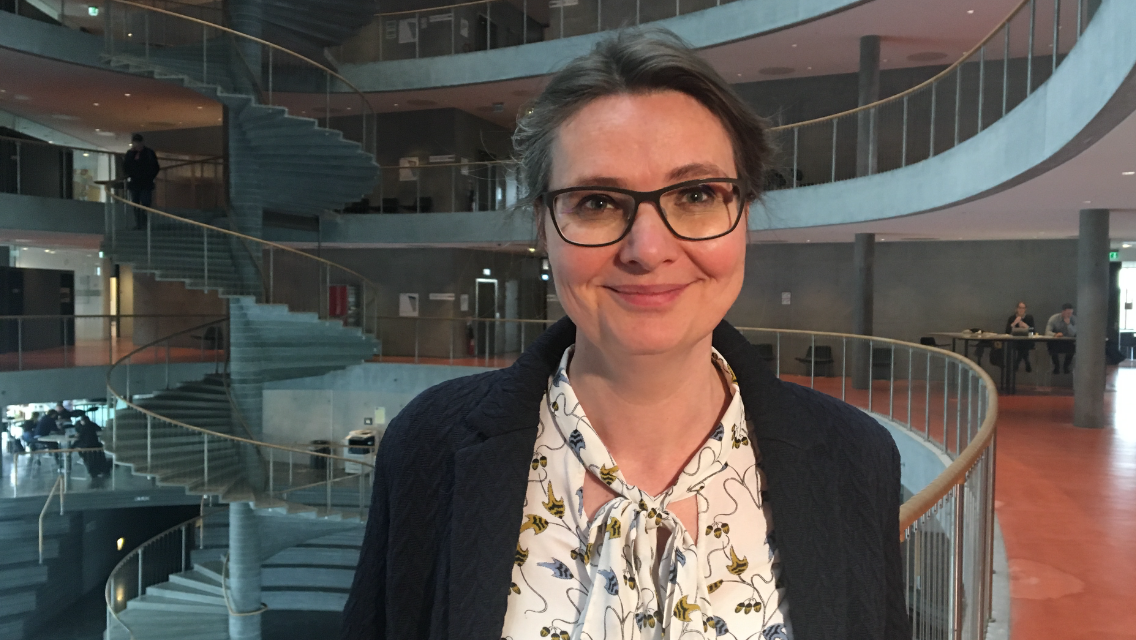
There was way too much dissatisfaction, which influences your wellbeing and the efficiency and quality of your work. We’ve discussed this in Senior Management, and we’re now working on developing management processes that focus on trust across silos.
I think it’s extremely important to show colleagues that you trust them and to be true to that. I want people around me who I can trust and who will come and tell me it if things aren’t going as they expected or if they make a mistake. Things are moving fast, and sometimes mistakes are made. So we talk about them, try to learn from them and move on.
You can’t say that you trust people, and then afterwards ask them for a full account of what they have done. You need to be true to your intentions.
Of course, it’s also about standing by your word. Also when things go wrong! That is the basis for trust.”
Looking 10 years ahead, what’s in store for CBS?
“When we look into the future, the ambition is clear. We will continue being relevant to society and keep educating graduates who are relevant to the labour market, and improve the conditions for making excellent research – as far as we can go within our financial framework.
Clearly, basic research funding is a great challenge to us. It would be great if, over the next 10 years, we could create the opportunity to expand the number of faculty permanently – just to a level, compared to the production of graduates (STÅ) similar to those of the universities we compare ourselves to.
But it’s important to bear in mind that already now, when we benchmark ourselves, we perform really well in research and education in relation to the international benchmarks.”
How can the research funding be expanded?
“There are no magic solutions. We were in 2017 DKK 250 million below the next university in Roskilde. Government has raised our basic research funding by DKK 55 million from next year, for which we are grateful. Nevertheless, we will still be lacking DKK 195 million in basic research funding yearly, and there is no easy solution to this problem.
For several years, we have been working intensively to raise external funding for research, and around 9% of our total income now comes from external sources. It’s essential that we continue on this track. But all the other universities are doing the same and the competition is hard. So it won’t increase by another DKK 195 million in the short term.
We also continuously work on an efficient use of our resources. And, for example, as Deloitte has shown in their analysis of programme costs, we’re already very efficient. Still, it’s important continuously to look for ways to improve efficiency and resource utilisation.
And then there’s the political work where our President, Per Holten-Andersen, continues to do a truly great effort in arguing our case.”
Why is CBS so far behind other universities?
“This is accurately described in the book ‘CBS 100 Years’. Basic research funding has been established historically. When the basic research funding of CBS was determined, CBS was more of an education organisation than a research-based university. And this has had an impact on us ever since.
The Ministry of Higher Education and Science has now said that they will take a look at the agreements on basic research funding this year. It is going to be exciting to follow. Although there is still a long way to go. The reform of the taximeter system has taken several years…”
Financially, CBS can only see as far as 2021. What’s it like living with a three-year budget?
“It doesn’t keep me awake at night. I find it very difficult to imagine that university grants would change significantly. So even though the National Budget is only budgeting three years ahead, there are no signs that our financial situation would change dramatically. We need to remember that universities contribute significantly to the Danish economy.
At CBS, we also have a reasonable level of equity. The desired minimum requirement of equity is DKK 184 million. This year CBS’ equity is DKK 299 million.”
Last year you merged Facility Management with Campus Development and dismissed five employees. Isn’t that, to some degree, linked to economic uncertainty?
“The reduction in Campus Services and the number of staff is an unfortunate result of us not having the fundraising we had expected and planned with. We need continuously to be cost-conscious about how we use our resources and take stock of a situation and adapt when the prerequisites changes.
The lack of funding of the Solbjerg Campus development has been frustrating. It is a fantastic project and we’re still fundraising to try and get the financial foundation in place so we can move ahead with it. But that will be something for the future.”
When will CBS get a sustainability strategy?
“The strategy will be ready this year.
We started developing a sustainability plan just before Christmas last year, based on the United Nations’ goals. In addition to looking at all of our buildings, we’ll take a broader view. For example, it would be interesting to look at our carbon print from transportation. We cannot change everything, but we would like to have a broad picture of our consumption.
The wider picture is also significant in relation to our investments. What we should invest in and what we shouldn’t invest in. That’s also part of sustainable thinking.”


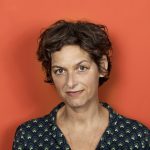
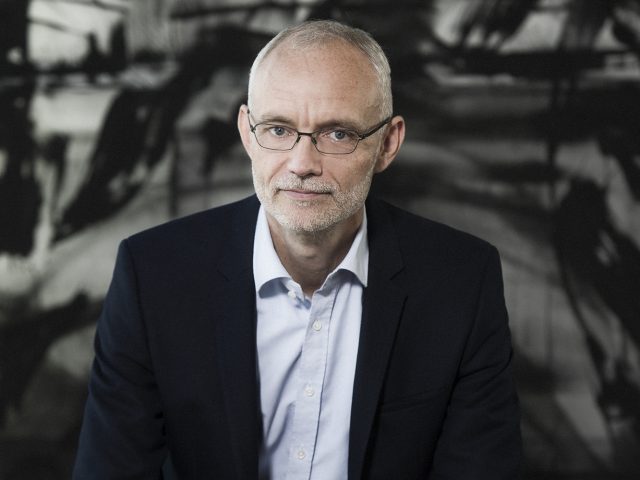
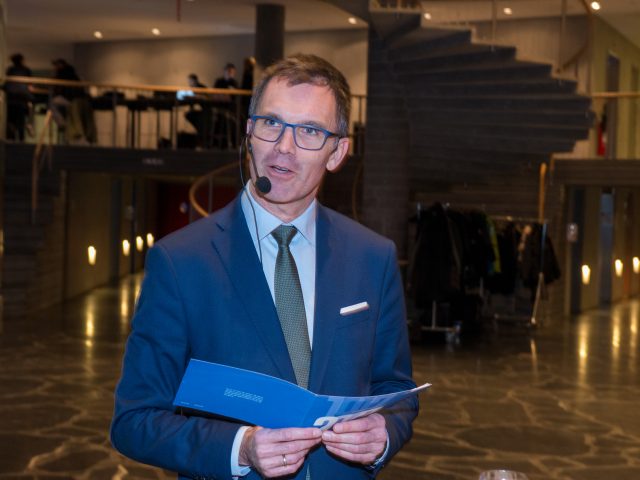
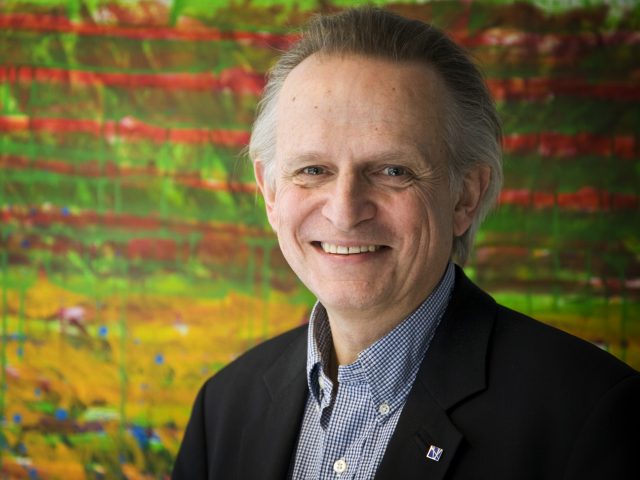
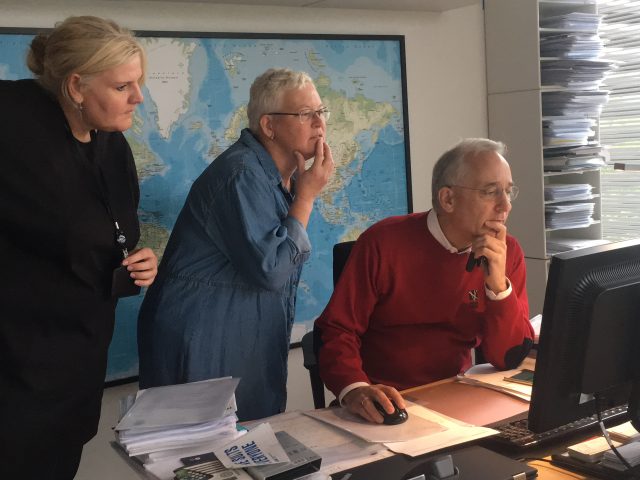
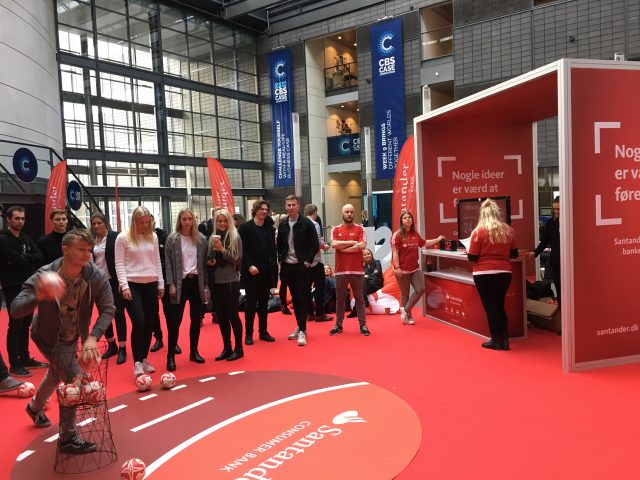
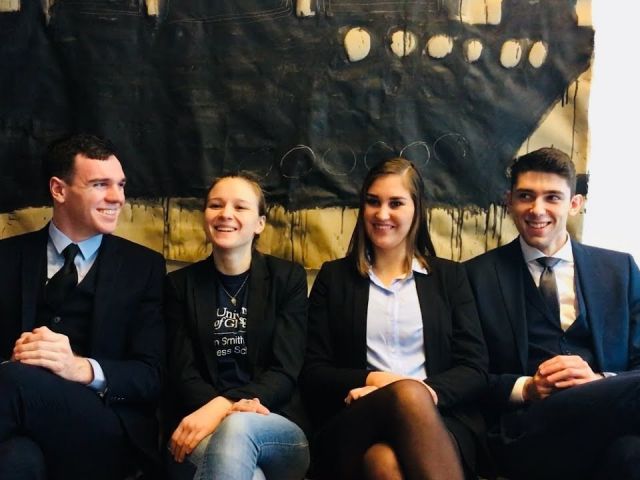




























































































































Very interesting read.